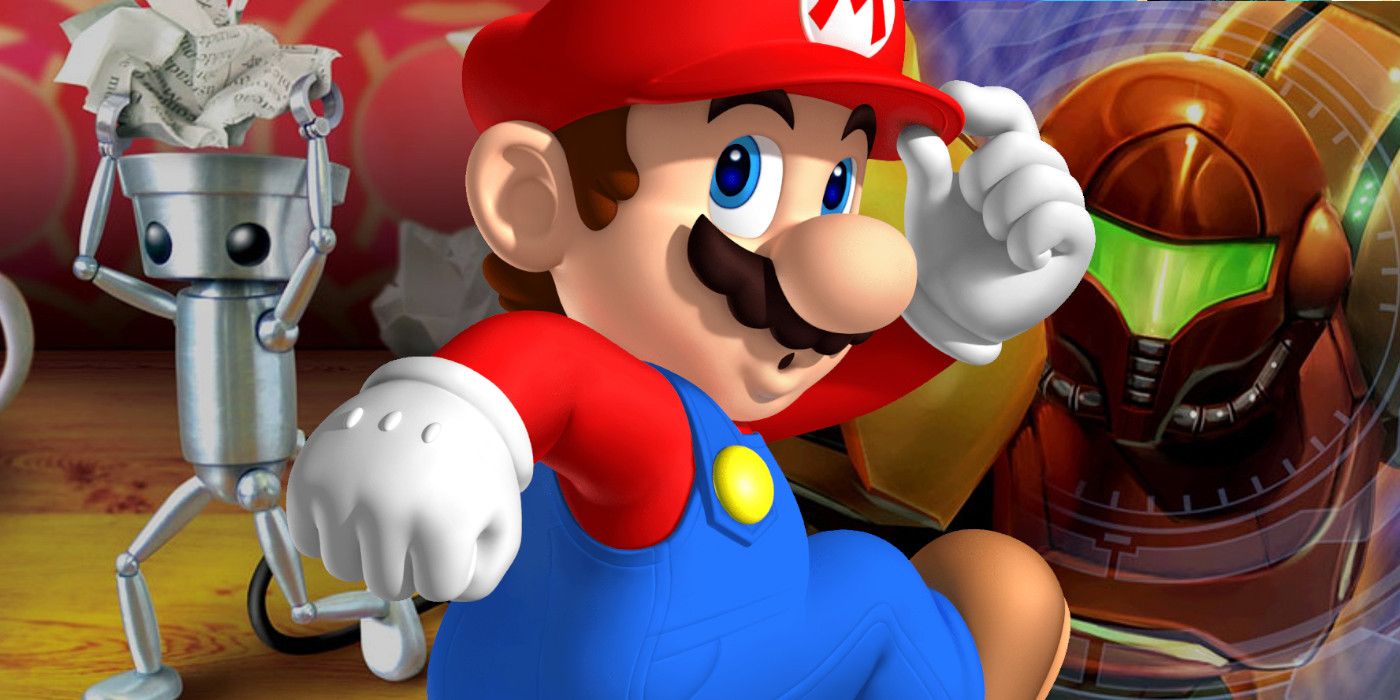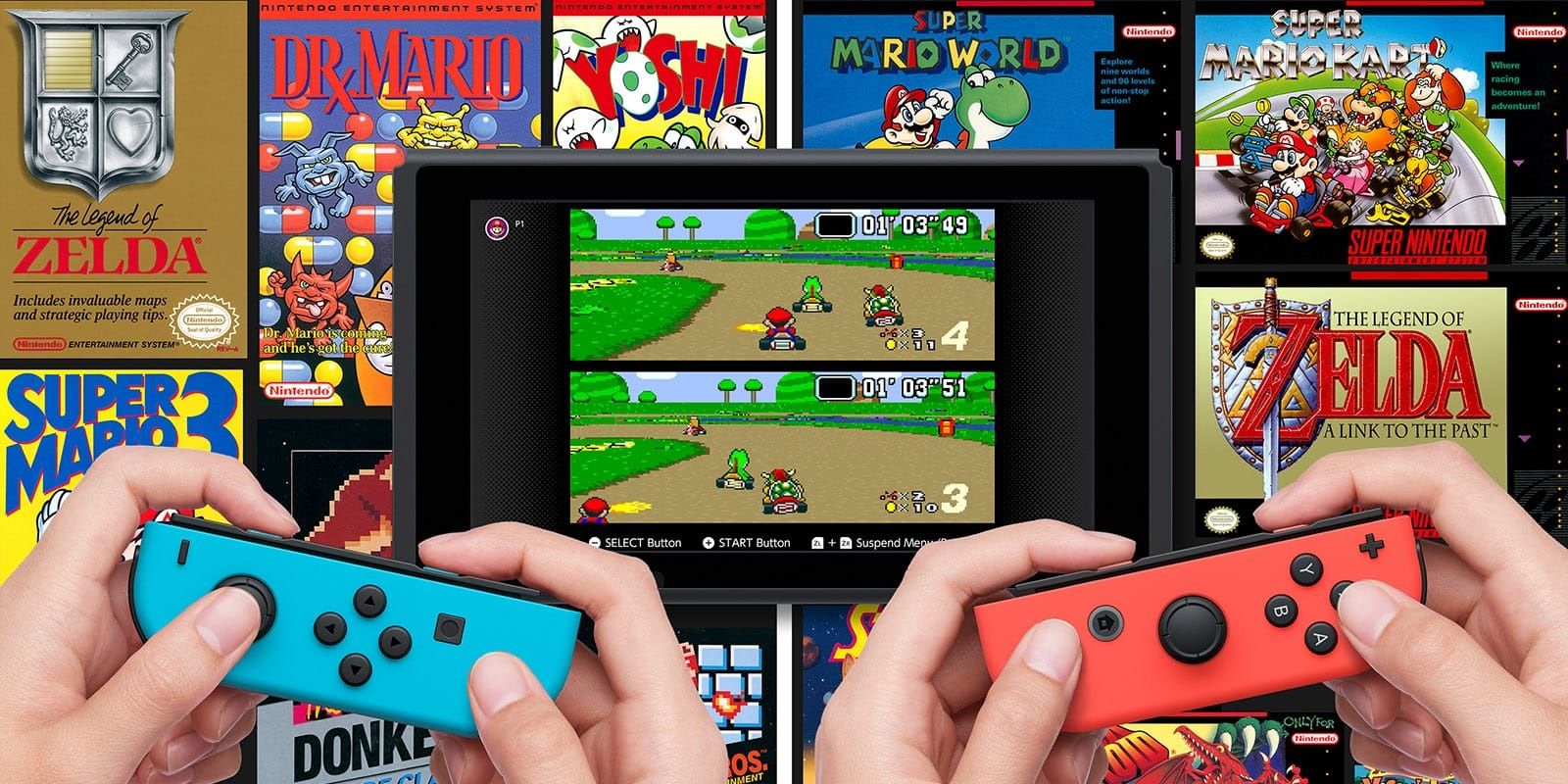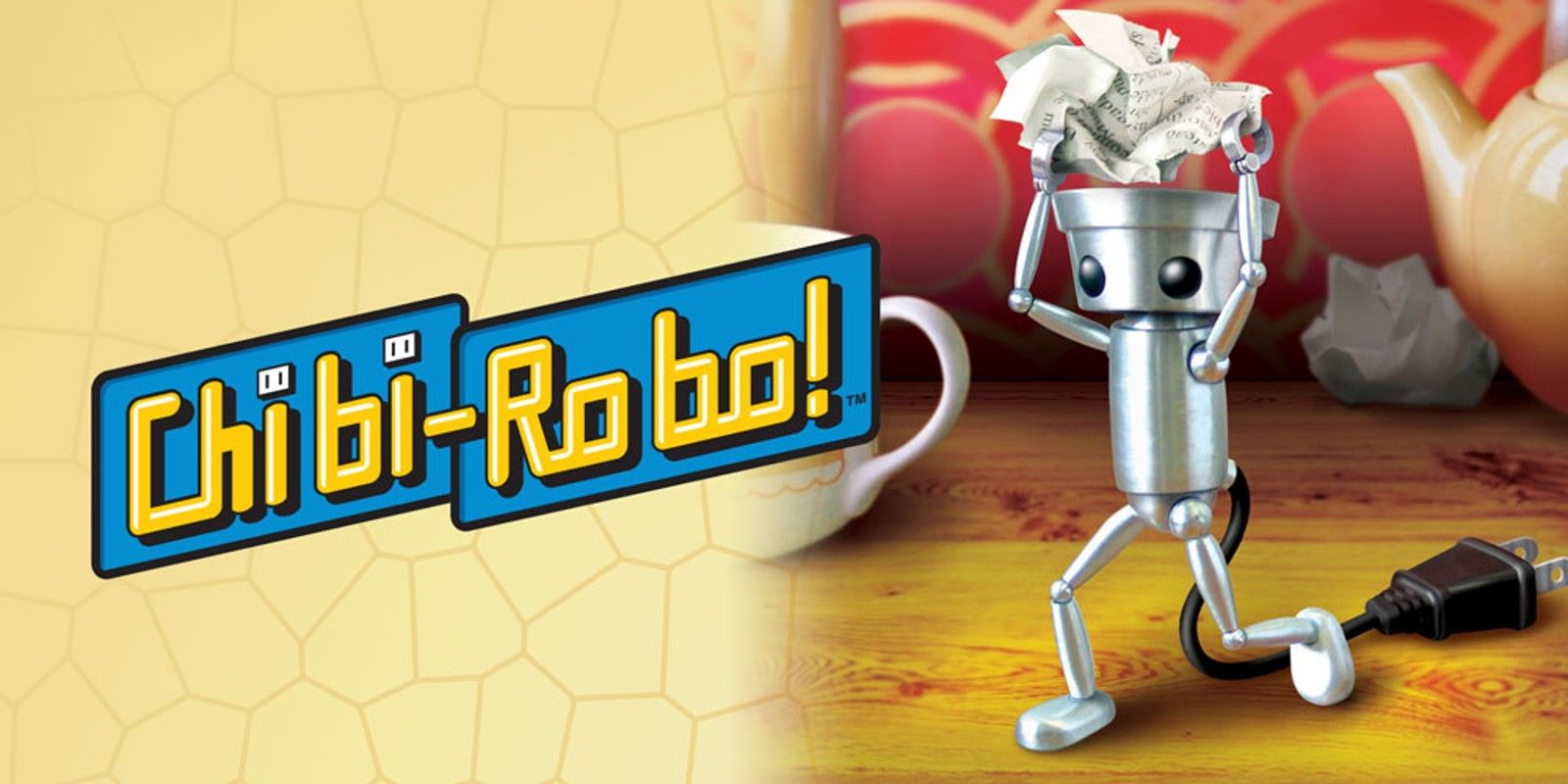There are no companies in the gaming industry with a richer, more important history than Nintendo. From the NES era to 2021, Nintendo has continued to invent, reinvent and recontextualize genres and franchises that have defined the industry in broad strokes. From Super Mario Bros. to Ocarina of Time to Metroid Prime to Wii Sports to Breath of the Wild, it's impossible to chronicle Nintendo's influence on the gaming landscape succinctly. In short, Nintendo has a catalog that must be experienced to truly understand the progression of the medium. Bearing this in mind, Nintendo's anemic, misguided handling of legacy content on Switch needs to be addressed.
When Nintendo announced that the Virtual Console wouldn't return on Switch, the tenor of the conversation around classic games on the system shifted. It was almost a foregone conclusion that the brand would migrate over. From Wii to 3DS to Wii U, Virtual Console was largely synonymous with modern Nintendo, but it was abruptly and inexplicably shelved for a replacement – which never truly came. There was potential for Nintendo to take a scalpel to the Virtual Console and modernize it. The drip-feed of releases across Wii U and 3DS was paltry, and the pricing structure wasn't commensurate with reality. Forcing players to slowly re-buy the same games was obviously a mistake, and the dropping of the brand seemed like a tacit admittance of this. But, the resolution of the issue ended up being Nintendo Switch Online, a halfhearted-at-best subscription model.
The Problems on Nintendo Switch
Nintendo Switch Online offers a better value than Virtual Console in some respects, but it still falls into the same traps. The initially steady but underwhelming drip-feed of new games dried up almost entirely. Nintendo squeezed every drop of blood from the NES stone before begrudgingly adding SNES titles and dropping the previously monthly game announcements. New titles started to appear release slowly. While there have been some exciting re-releases – some Super Famicom exclusives being brought over, for instance – the conversation around Switch Online has become barren. The community has resigned itself to pining for titles like Earthbound on the service, games already released digitally on Wii U and 3DS.
Nintendo Switch Online wasn't really a replacement for Virtual Console in the end. It offered some new advantages but the same crop of problems and then some. And, with the prospect of Nintendo 64 games (or any other library, for that matter) coming to Nintendo Switch Online looking less likely with each passing day, the problems are only building. The accessibility of Nintendo Switch Online's libraries makes it a compelling service when viewed through certain lenses, of course. But removed from the context of the NES and SNES libraries, it can't even touch the flawed but functional Virtual Console.
Nintendo could've resolved the issues with Nintendo Switch Online, but instead, the company introduced new problems. Namely, Nintendo's new practice of releasing classic games for limited periods of time. First Super Mario 3D All-Stars was hit with this finite window, and then Fire Emblem: Shadow Dragon & the Blade of Light followed. This practice is dubious at best, lacking cogent justification for why these games have any business being de-listed.
Still, as conversation fixates on Nintendo Switch Online's frustrating shallowness and the dangerous precedent set by limited releases, the larger point is ignored. The issue isn't just that the lion's share of classic Nintendo games aren't available for handheld play. While having F-Zero GX available on Switch would be incredibly exciting, the problem cuts much deeper. By restricting its back catalog on Switch, Nintendo has made generations of significant games inaccessible.
The Question of Game Preservation
The inaccessibility of legacy content leads to myriad issues, principally among them is game preservation. As the medium gets older and its legacy becomes richer, the imperative to preserve the past grows. While many consider original hardware and physical games as the solution to preservation, it's a narrow lens to view the topic through. In a vacuum, physical media protects against de-listing and DRM concerns, the sort of issues that plagued games, including PT and the previously inaccessible Scott Pilgrim vs. The World: The Game. However, that view of preservation ignores the issue of accessibility.
After all, if the content isn't readily accessible for players, its preserved status no longer matters. Take, for instance, the GameCube classic Chibi-Robo, which is incredibly expensive online. Some players especially concerned about having access to forgotten games can afford that. But, many more cannot. If interested consumers can't readily obtain games due to prohibitively high price points, they aren't truly preserved. The function of games preservation is to not just safeguard oneself by having a personal library but to ensure that the larger community can enjoy and understand the history of the industry.
The most accessible and equitable solution to this is digital distribution. While flawed, porting and releasing games on ubiquitous, modern platforms is the solution to preservation. Digital media brings the question of ownership into jeopardy, but digital media is the best imperfect solution to the problem at hand. Whether that takes the form of more robust subscription services or comprehensive a la carte options, something has to be done. Both are viable, and the combination of the two is a potent tool for accessible games preservation, as demonstrated by the Xbox Series S|X.
However, not every company is promoting digital preservation to the extent of Microsoft. Nintendo certainly isn't. The breadth and importance of Nintendo's history cannot be understated. Unfortunately, it cannot be accessed easily. While tracking down original hardware works for now, it's a short-term, expensive band-aid over a bigger problem. Nintendo needs to treat its legacy content better, and the community needs to advocate for that.



